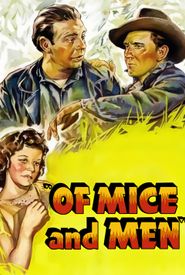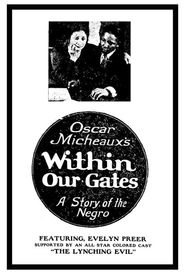Leigh Whipper, a consummate actor, led an impressive life marked by significant milestones and achievements. Born in 1876 in South Carolina, at the end of the Reconstruction Era, his parents, who had participated in the era, instilled in him a strong foundation for his future endeavors.
Whipper's educational journey took him to Washington, D.C., where he attended Howard University, laying the groundwork for his future career in the theater. He turned his passion into a lifelong profession, navigating a time when work opportunities for black actors were scarce.
Despite the challenges, Whipper emerged as a successful actor, appearing in over twenty plays and numerous films. He joined Actors Equity in 1913 and other organizations where African-Americans were underrepresented, demonstrating his commitment to his craft and community.
In 1937, Whipper took a pioneering step by founding the Negro Actors Guild, providing a platform for fellow African-American thespians to thrive. His breakthrough role came in 1927-1928 and 1929 as The Crab Man in the stage production of "Porgy."
Whipper's impressive career spanned radio, television, and film. He made his screen debut in 1920, but his most prolific period was between 1939 and 1947, during which he appeared in twenty films, often without receiving screen credit. His powerful performance as Crooks in "Of Mice and Men" (1939) is particularly noteworthy, as it showcased his ability to bring depth and nuance to his roles without compromising his dignity.
In 1944, Whipper received a special honor from the Ethiopian government for his portrayal of Emperor Haile Selassie, a testament to his exceptional talent and versatility. He continued to work in film and television until his retirement in 1972.
Whipper passed away in 1975, just three months shy of his 99th birthday, leaving behind a legacy that continues to inspire and influence future generations of actors.




































